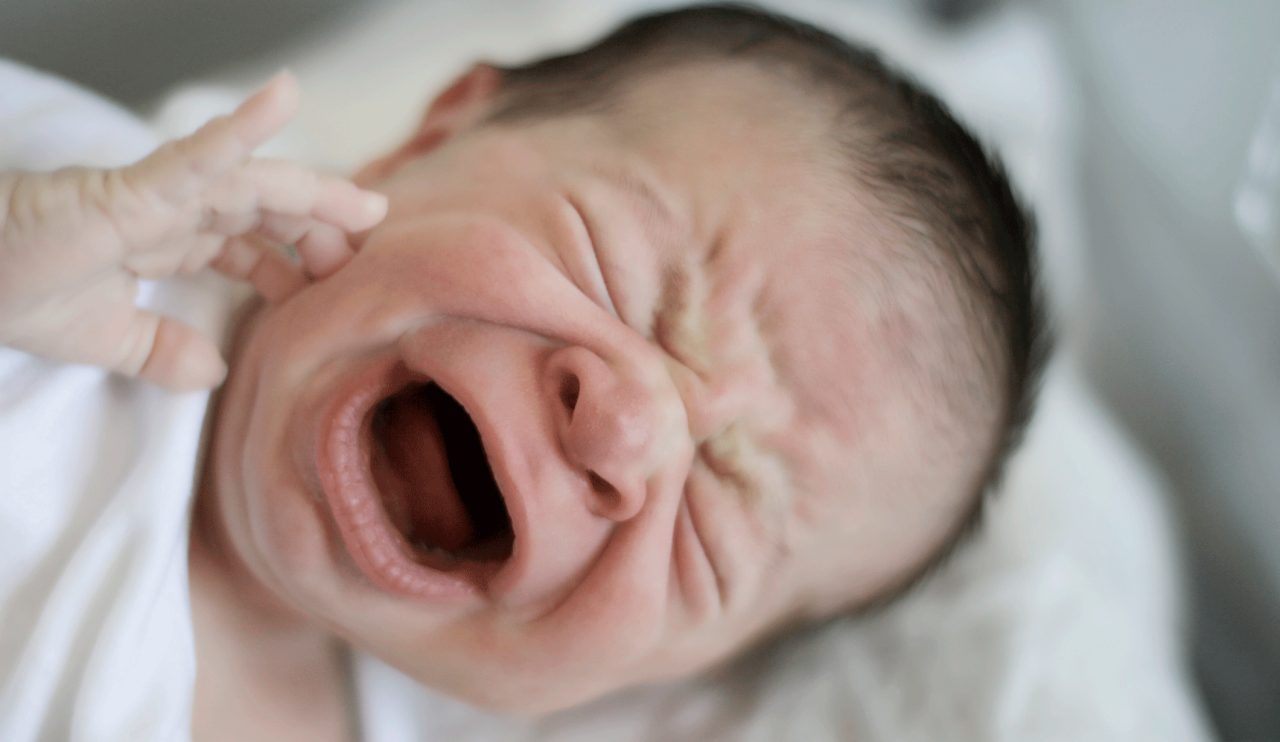What Is Neonatal Abstinence Syndrome?

When a pregnant woman uses opioid drugs, illegal or prescribed, her baby can be born with neonatal abstinence syndrome. Here's what you should know.
The term neonatal abstinence syndrome is scary, but it does not mean that a child is doomed. Symptoms are treatable.
What is neonatal abstinence syndrome?
If you use heroin, codeine, OxyContin, or other opioids when you’re pregnant, the drug reaches the baby in your womb. In most cases, your child becomes dependent.
After birth, your baby needs treatment for withdrawal symptoms, as the drug leaves the child’s body. On average, U.S. babies diagnosed with the condition stay in the hospital for nine days.
YOU MIGHT ALSO LIKE: Opioid Abuse During Pregnancy
The symptoms do not appear immediately. The condition varies from one child to another, depending on many factors. Symptoms include:
- Unusual irritability and crying
- Tremors
- Skin problems
- Vomiting or diarrhea
- Hiccups
- Gagging
- Color changes
- Fever
- Inability to feed
Symptoms may last for months.
Babies exposed to heroin typically show symptoms within 12 to 24 hours after delivery, and babies exposed to methadone or buprenorphine within 48 to 72 hours. In some infants, symptoms don’t appear for days, usually after the child has left the hospital.
Babies with the condition have an increased risk of fetal distress and death, impaired fetal growth, and sudden infant death syndrome.
It's essential to tell your baby’s doctors about all of the medications and other drugs you used during your pregnancy. If you also smoked cigarettes or used cocaine or benzodiazepines like Klonopin or Ativan, treatment of your baby’s neonatal abstinence syndrome may be more difficult.
Doctors have gained more experience with the condition. According to government data, for every 1,000 newborns in the hospital, about six babies have neonatal abstinence syndrome. That is approximately one baby born every 24 minutes in the United States, or more than 59 newborns diagnosed every day.
But in areas with an opioid crisis, the figure has gone as high as 43 out of 1,000.
Doctors have probably been asking you since you became pregnant about your alcohol and drug habits. Some women hide the truth for fear of losing their child.
In many states, your doctor will need your written consent to disclose any information about you. But about half of them consider substance use during pregnancy to be child abuse, requiring healthcare professionals to report suspected prenatal drug use. You can look up your state here.
If your baby shows symptoms, doctors will suspect you. You might as well be up front.
Breastfeeding a baby with neonatal abstinence syndrome may help your child recover, but you shouldn’t breastfeed if you’re addicted to or using opioids recreationally after you take your baby home.
It’s okay to breastfeed if you are taking some psychiatric medications or prescribed methadone or buprenorphine to treat your opioid use disorder. Just make sure your baby’s doctors know. Also know that not every child will need to receive drugs to manage withdrawal. If they do, the most likely medication will be morphine or methadone.
Your child’s future
Babies with neonatal abstinence syndrome should see a doctor familiar with their history:
- Monthly during the first six months
- Every one or two months thereafter until the first birthday
- Every three months during the second year
- Twice a year or more frequently afterward as needed
The long-term effects of the condition are not yet clear. Some evidence suggests links to:
- Visual problems
- Lower neurodevelopmental scores
- Poor short-term memory
- Language delay
- Poor school performance
- A possible decrease in the size of the baby’s brain
Your future
Neonatal abstinence syndrome should be a sign that you should seek treatment for addiction. Opioid abuse during pregnancy is linked to depression in mothers.
Do the best you can for your baby and get help. If you have few people to help you, ask your doctors for help finding public services.
Updated:
September 19, 2023
Reviewed By:
Christopher Nystuen, MD, MBA and Janet O'Dell, RN